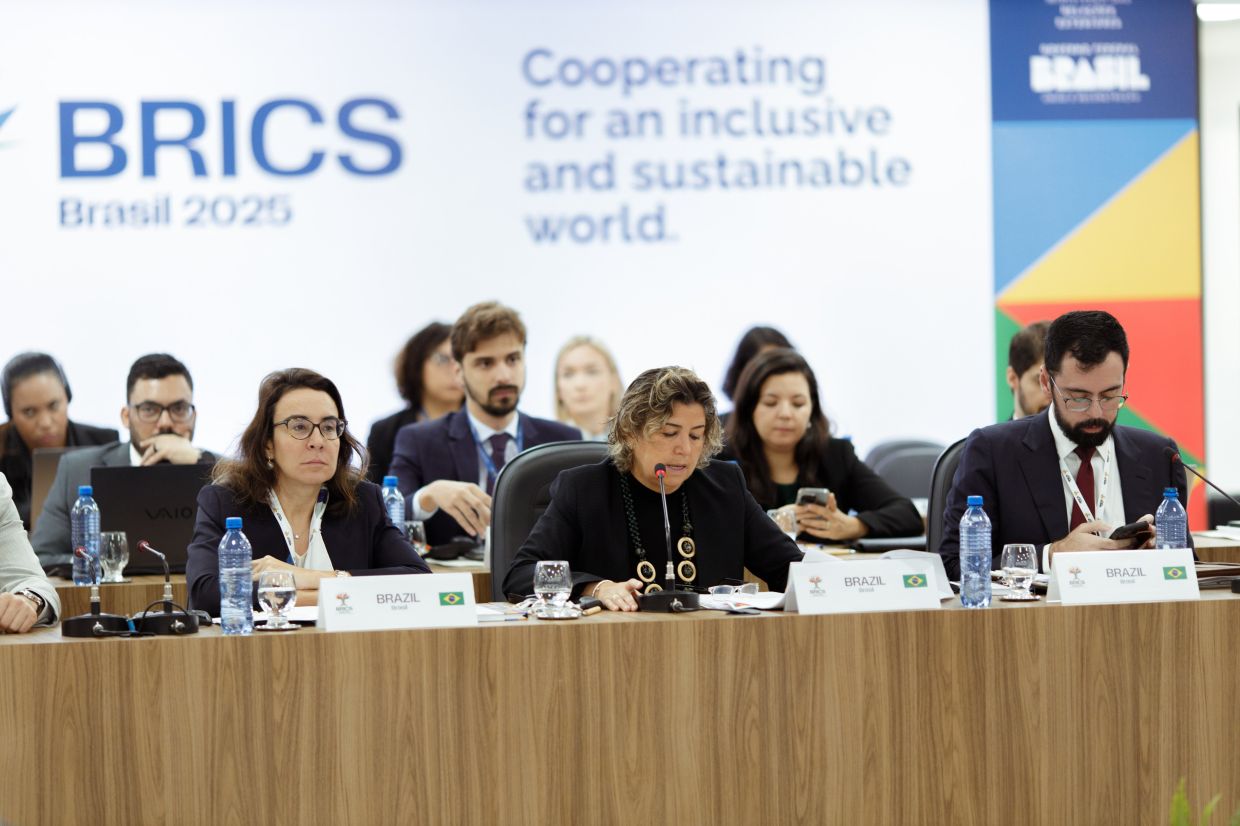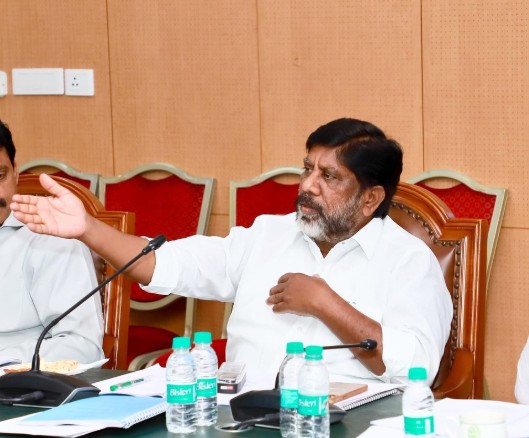BRICS Nations Unite: Landmark Climate Finance Framework Set to Shape Global Action

In a significant development poised to reshape the global landscape of climate finance, the BRICS economic bloc – comprising Brazil, Russia, India, China, and South Africa – has formally approved a groundbreaking climate finance framework. This marks the first time these nations, representing a substantial portion of the world's population and economy, have forged a unified stance on a critical issue ahead of the highly anticipated COP30 summit in Brazil this November.
The framework, details of which are still emerging, signals a commitment to bolstering climate finance mechanisms and addressing the pressing needs of developing nations facing the brunt of climate change impacts. Historically, developed nations have shouldered the responsibility for climate finance, but the BRICS initiative underscores a growing recognition of the need for a more equitable and diversified approach.
Why is this so important? The COP30 summit in Brazil is expected to be pivotal in setting new global climate goals and mobilizing the necessary resources to achieve them. The BRICS framework provides a powerful foundation for negotiations, offering a distinct perspective and potentially challenging the established norms of climate finance. It could pave the way for increased investment in renewable energy, adaptation measures, and resilience-building projects, particularly in vulnerable regions.
Key elements of the framework are expected to include:
- Increased Investment in Green Technologies: A focus on supporting the development and deployment of sustainable technologies within BRICS nations and beyond.
- Capacity Building for Developing Countries: Providing technical assistance and training to empower developing nations to implement climate action plans.
- New Financial Instruments: Exploring innovative financing mechanisms, such as green bonds and blended finance, to unlock additional capital for climate projects.
- Coordination with Existing Initiatives: Working alongside existing international climate finance mechanisms, such as the Green Climate Fund, to avoid duplication and maximize impact.
Analysts suggest that the BRICS framework could significantly influence the discussions at COP30, potentially leading to a shift in the balance of power within the global climate governance system. The collective economic weight of the BRICS nations – exceeding $25 trillion – gives them considerable leverage in shaping the future of climate action.
However, challenges remain. The implementation of the framework will require strong political will and coordinated action among the BRICS member states. Differences in national priorities and economic circumstances could potentially hinder progress. Furthermore, ensuring transparency and accountability in the allocation and utilization of climate finance will be crucial to building trust and achieving tangible results.
Despite these challenges, the approval of the BRICS climate finance framework represents a significant step forward in the global fight against climate change. It demonstrates a growing recognition of the need for collective action and a more inclusive approach to addressing this urgent challenge. As the world prepares for COP30, the BRICS initiative provides a glimmer of hope and a potential catalyst for transformative change.






